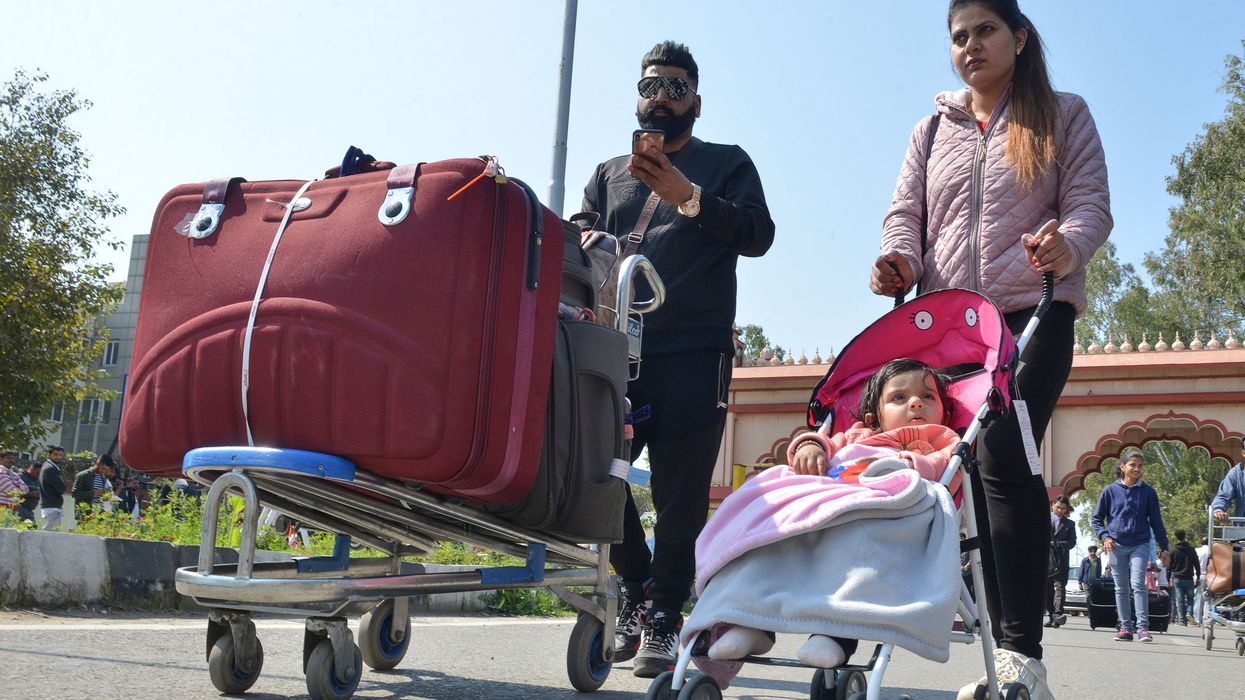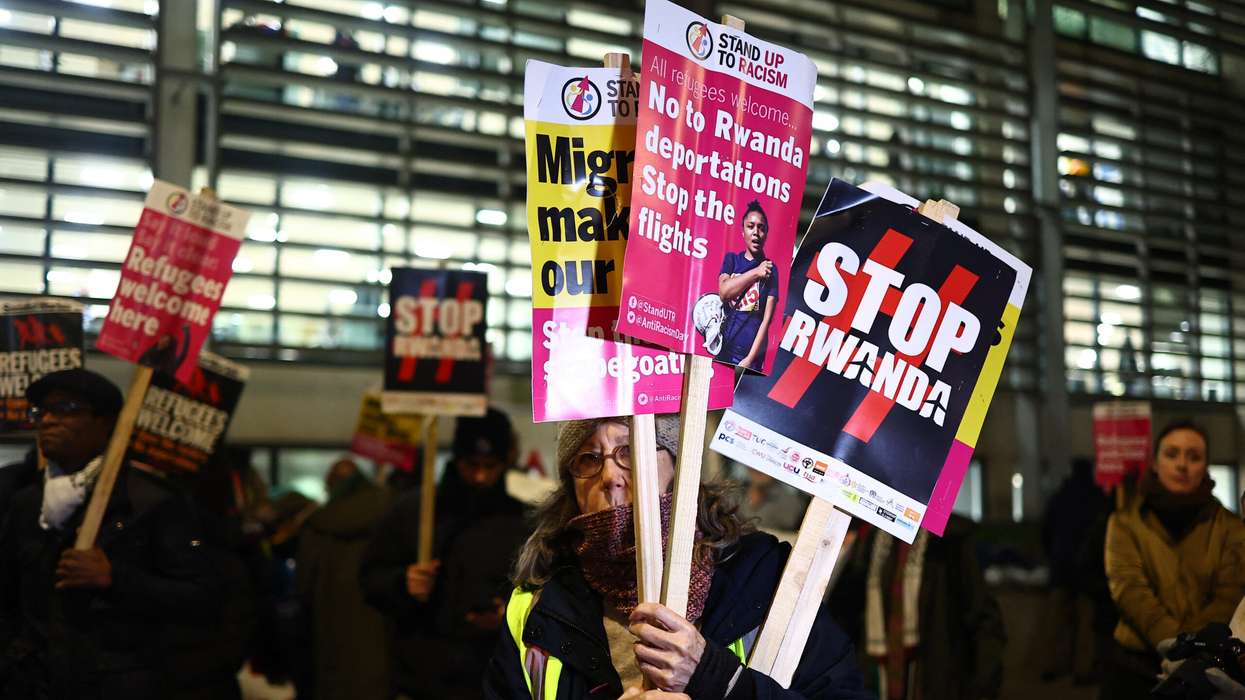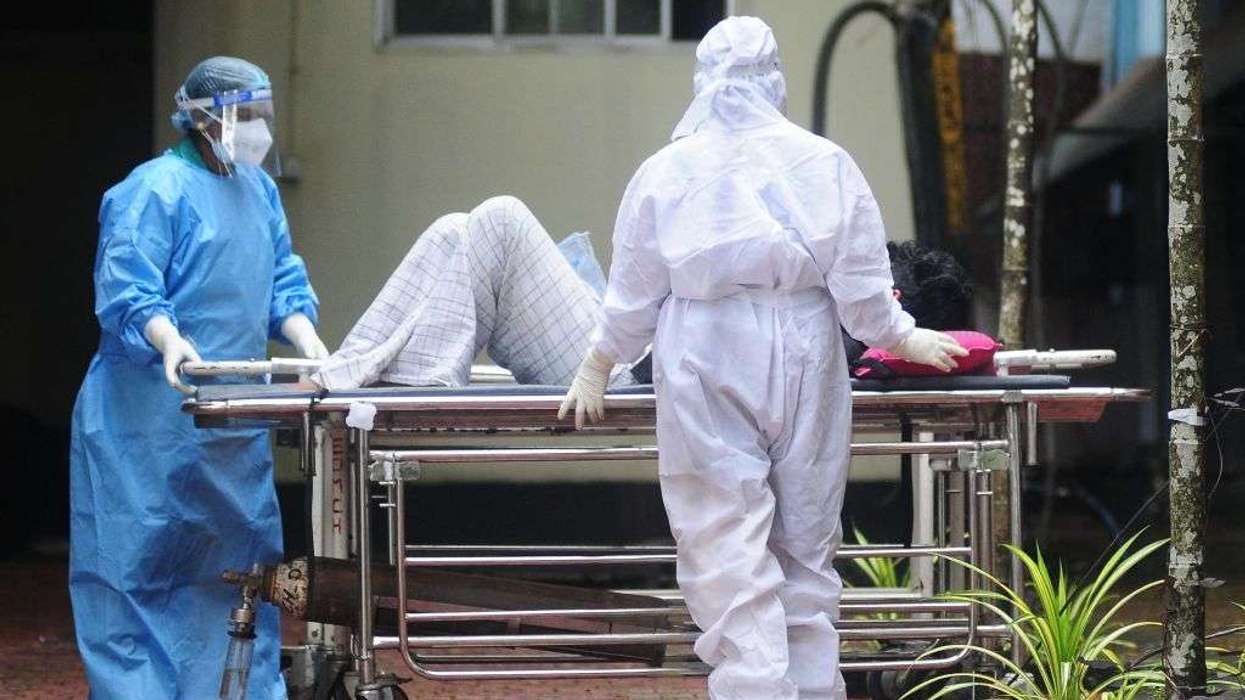Travellers planning international or domestic journeys are being urged to brace for disruptions, as escalating tensions between India and Pakistan have led to widespread flight cancellations and rerouting across South and Central Asia.
The situation follows a terrorist attack in Pahalgam, Kashmir, two weeks ago, which killed 25 Indian civilians and a tourist from Nepal. In response, India launched a military operation, codenamed Operation Sindoor, targeting sites in Pakistan-administered Kashmir on 7 May 2025. As a consequence, air travel in the region has been significantly affected.
Travel warnings and shifting routes
Several international airlines have announced route changes or suspended flights that normally operate through Pakistani airspace. Air France has suspended flights over Pakistan, citing “the recent evolution of tensions between India and Pakistan”, according to a statement issued to CNN. Lufthansa also confirmed to Reuters that it is avoiding Pakistani airspace “until further notice”.
Other airlines taking similar precautions include Malaysia Airlines, Batik Air, Korean Air, EVA Air, and Thai Airways. Most of these carriers have re-routed flights to avoid the affected region, leading to longer travel times and potential delays.
Indian carriers such as Air India, IndiGo, and SpiceJet, which had already faced restrictions from flying over Pakistan, are among those most affected. With the latest developments, these airlines are now forced to rely on longer routes, often requiring refuelling stops in Europe.
Governments issue travel advisories
The United States and the United Kingdom have both updated their travel advisories, urging citizens to avoid travel to affected areas in India and Pakistan.
The US Embassy in Pakistan issued a security alert titled “Military Activity and Closed Airspace”, reminding American citizens of the standing ‘Do Not Travel’ advisory for areas near the India–Pakistan border and the Line of Control. It further advised US citizens in conflict-affected areas to evacuate if possible or shelter in place if unable to leave.
The UK Foreign, Commonwealth and Development Office (FCDO) has similarly advised against all travel within 10 kilometres of the India–Pakistan border, within 10 miles (16 km) of the Line of Control, and to Pakistan’s Balochistan province. In a statement, the FCDO acknowledged reports of Pakistan’s civil aviation authority closing airspace for 48 hours and advised British nationals to contact their airline for the latest updates.
China’s foreign ministry has also advised its citizens to avoid travel to areas near the border.
Disruptions at Indian airports
In India, several northern airports temporarily closed operations on 7 May, hours after the military strikes were carried out. Flights to and from cities including Leh, Jammu, Srinagar, Amritsar, Dharamshala, Jodhpur, and Bhuj were cancelled or delayed.
IndiGo posted on X (formerly Twitter) that airports in the north, including Leh, Srinagar, and Amritsar, were closed until further notice, and that passengers should expect flight cancellations and rescheduling. The airline operates between 16 and 25 daily flights to the impacted cities. Air India and SpiceJet also announced the suspension of multiple services, with Air India halting flights to and from ten cities, including international diversions from Amritsar to Delhi.
Air India Express, a low-cost subsidiary, suspended operations to Srinagar, Jammu, Hindon, and Amritsar. SpiceJet also paused flights on several routes affected by airspace closures.
Longer flight durations and broader impact
International routes between South Asia and Europe, North America, and Central Asia are experiencing increased flight times due to rerouting. Travellers to destinations such as London, Toronto, and Frankfurt, or major hubs like Dubai, have been advised to allow for delays and last-minute schedule changes.
Karan Agarwal, Director at Cox & Kings, told Business Standard: “Travellers should reconsider non-essential travel to certain domestic regions like Kashmir, parts of Jammu, Leh, and Amritsar. These areas are the most affected when tensions escalate.”
He added: “Smart travel today means being informed, staying flexible, and prioritising safety. It’s not necessarily about cancelling trips, but about knowing when and how to travel.”
As the situation continues to unfold, authorities and airlines are closely monitoring developments. Passengers are advised to remain updated through official travel advisories and airline communications.





